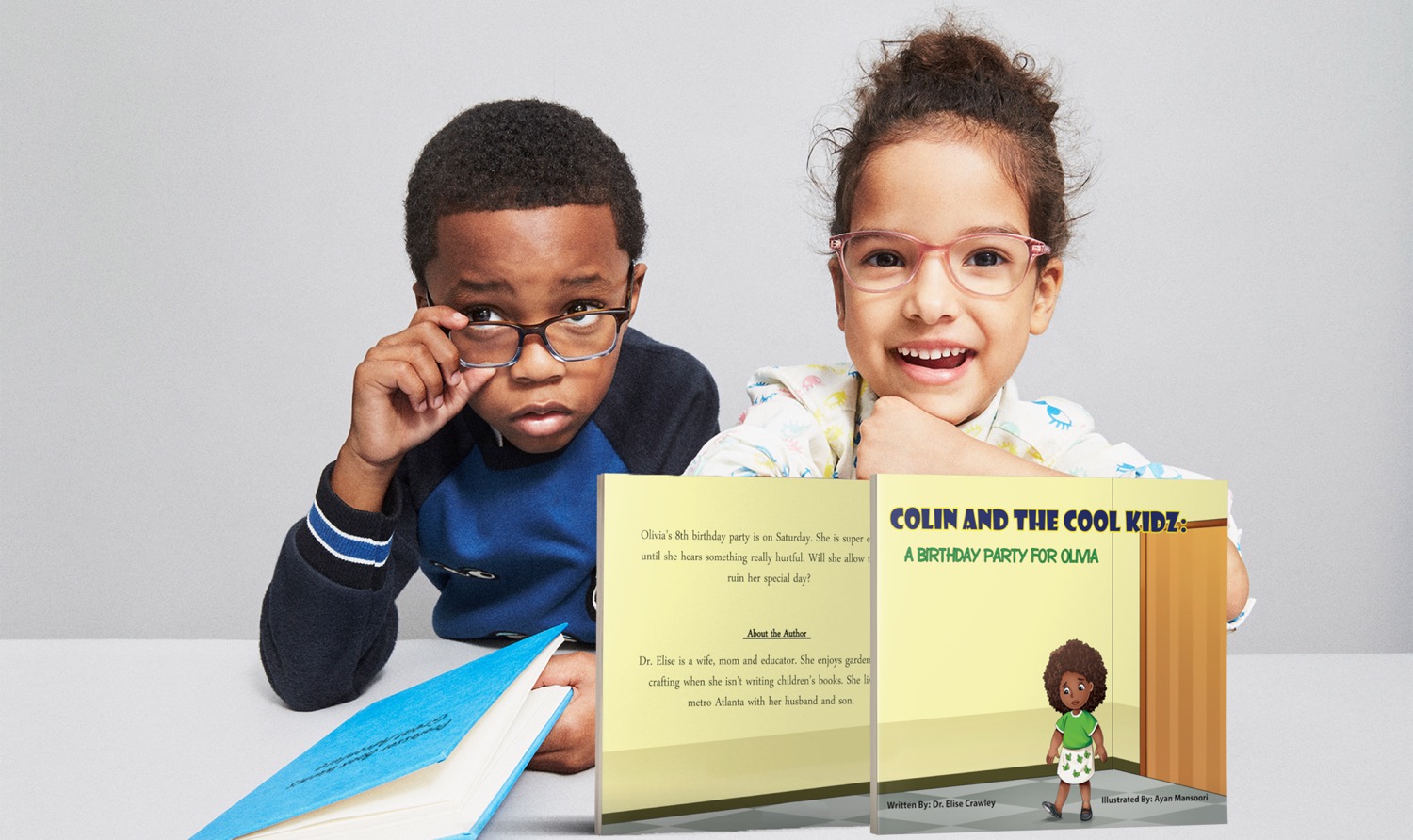Tuesday's Tip: Advocate or Lawyer? How To Decide
- Dashonera Crawley
- Jan 31, 2023
- 3 min read
Getting Lost in LD
As a parent you make the call, but you are not sure whether you want to hire an advocate or a lawyer. All you know is that your scholar is not doing well in school, and something has to change. Frustration, anger and confusion seem to be a constant state of affairs, and no one is offering any support or information that alleviates any of those emotions for you, the parent nor are there any changes to the IEP that might give you some hope for progress.
As an advocate I know that it is too early to go to a lawyer because the first question the lawyer usually asks is what you want and most times the parent has no real idea of what they need. The lawyer can get due process and procedural information but that limited by their lack of educational and clinical cross-training.
As a parent you can go to an evaluator who is school based, but you do not know if they are or are not evaluating with a scholar focused approach in assessing complex and multifaceted disorders. You can go to an independent evaluator but if they have not been successful in educational dispute resolution or the educational process, you get a clinically based evaluation vs. an educationally based one which can mean that the district can consider any findings as medical and beyond what the district is bound to handle. As an advocate who is educated across multiple disciplines you get someone who is crossed trained and who is essential for referring parents to the appropriate evaluations and being effective in the IEP process.
IMPORTANCE OF THE EVALUTATION REPORT
The Evaluation Report (ER) identifies the scholar’s needs and provides the justification and basis for educational intervention. It is the foundation for Individualized Education Program (IEP) development and provides PLOPs (present levels of performance) essential for goal development. How many times do you have goals where PLOPs are not available and need to be determined? Without an accurate scholar specific and appropriate evaluation, you are throwing spaghetti at the wall and seeing if it sticks! An inaccurate ER effectively prevents the development of an Appropriate Individualized Education Plan.
Just as Permission To Evaluate (PTE) and Parental Inputs are CRITICAL to the development of an appropriate IEPs appropriate Independant Education Evaluation’s (IEE) streamline and decrease the timelines required to getting the appropriate IEP. When requesting an IEE, you need to denote that the evaluation did not adequately assess (itemized) areas of need.
During evaluation, modifications may invalidate the use of norms but will still result in useful qualitative and quantitative information. Assessment should be based on multiple sources of information and ALL SUBSETS should be included. Frequently, it is in the assessment of the subsets or splinter skills that some of the most important information for effective remediation is uncovered.
So, the question remains where do you go to find a good source for referrals? Are pediatric developmental specialists, speech and language pathologists, behavior analysts, psychologists, and neuropsychologist's good sources for referrals to appropriate assessments and key professionals? THE ANSWER IS NO. They do not see how the reports are used or know what needs to be documented to get services within the educational system. Educational Advocates are good sources for referrals to appropriate assessments and key professionals.


Comments